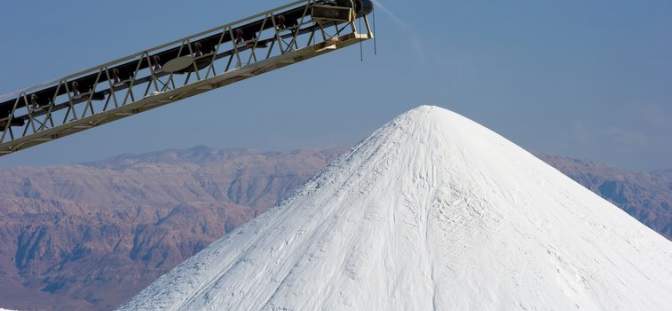Kore Potash, the potash exploration and development company whose flagship asset is the 97%-owned Sintoukola Potash Project located within the Republic of Congo, has provided an update on the development of its potash projects. This update concerns the Dougou Extension (DX) Pre-feasibility Study and provides details on the optimization of the project.
The pre-feasibility study is on track to be completed on budget in April 2020 with potentially improved financial outcomes. Technical studies completed to date have identified a number of improvements over the scoping study with potential to reduce both the capital cost and the operating cost of the project compared to the scoping study. The pre-feasibility study has found, among other things, that circulating brine flow rates can be reduced by approximately 40%, and there is potential to reduce both electrical power requirement by up to 8% and also gas requirements by up to 40%. The study has also concluded that cavern footprint is able to be increased by up to 27% while life of project extraction ratio may be increased with potential to increase initial project life to 25 years.
Moreover, Kola Bill of Quantities (BoQ) exercise identified capital savings in excess of US$300 million in comparison to the Definitive Feasibility Study capital cost. Discussions with European engineering and construction groups indicates that further optimization activity (including design revisions) is likely to generate additional capital cost reductions. With current focus on the development of the lower capital cost DX project, the Company will continue to explore options to reduce the Kola capital cost but is not planning further expenditure on the optimization of Kola in the near term. “This positive progress on the DX pre-feasibility study is very pleasing to see, the Company is progressing high quality work to improve our understanding of the deposit and the chosen processing route,” Brad Sampson, Chief Executive of Kore Potash, commented. “Our focus continues to centre on building a project that is environmentally and economically sustainable, which is particularly important as we work on issues related to project design.”




